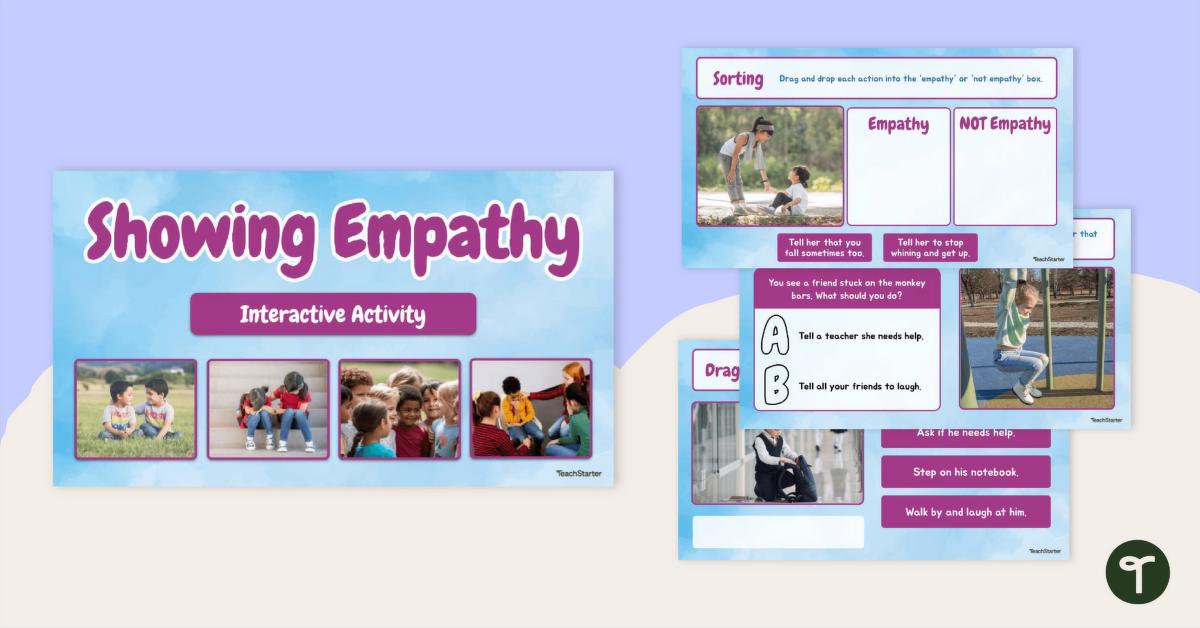L'avènement d'Internet a profondément transformé notre manière de communiquer, d'interagir et de partager des idées. Bien que le web présente d'innombrables opportunités, il peut également être le théâtre de comportements néfastes. Cette problématique soulève des préoccupations quant à l'environnement numérique dans lequel nous évoluons. Dans cet article, nous examinerons l'importance de promouvoir une culture de respect et de bienveillance en ligne, tout en offrant des réflexions sur la manière dont chaque utilisateur peut contribuer à ce changement. ### L'émergence d'une culture numérique positive La façon dont nous interagissons sur Internet a un impact direct sur notre bien-être et notre qualité d'expérience. Une culture en ligne empreinte de respect favorise des discussions enrichissantes, où chaque voix est entendue. Les plateformes sociales, qui s'épanouissent grâce à l'interaction, ont un rôle crucial à jouer dans l'encouragement de dialogues constructifs. ### L'impact du comportement en ligne sur nos communautés Les comportements négatifs, qu'ils soient dus à la désinhibition ou à l'anonymat, peuvent rapidement ternir une communauté en ligne. Des études montrent que la toxicité peut entraîner une diminution de la participation des utilisateurs, rendant les espaces de discussion moins inclusifs. Imaginez un café où chacun pourrait parler librement, mais où certains clients se permettent de crier pour interrompre les autres. Peu probable que cela attire de nouveaux visiteurs, n'est-ce pas ? ### Comment promouvoir une utilisation bienveillante des outils numériques ? La première étape vers un Internet plus respectueux repose sur notre capacité à agir. Voici quelques pistes pratiques pour encourager un environnement numérique sain : 1. **Cultiver l'empathie** : Avant de réagir, demandons-nous comment notre message pourrait être perçu par l'autre. Une pincée d'empathie peut transformer une conversation potentiellement tendue en un échange constructif. 2. **Partager des ressources efficaces** : Les plateformes peuvent mettre en avant des guides, des articles ou des vidéos qui sensibilisent les utilisateurs aux effets négatifs d’un langage inapproprié et vantent les mérites d'une communication bienveillante. 3. **Encourager la modération** : La responsabilité des plateformes est également primordiale. Des outils de modération et des algorithmes affûtés peuvent aider à filtrer les comportements perturbateurs, rendant ainsi l'expérience plus agréable pour tous. 4. **Célébrer les réussites** : Mettre en lumière des exemples positifs d'interactions en ligne peut inciter les autres à suivre cet exemple. Créer une culture de valorisation du respect peut faire toute la différence ! ### Vers une responsabili...
What is Lorem Ipsum?
Lorem Ipsum is simply dummy text of the printing and typesetting industry. Lorem
Ipsum
has
been the industry's standard dummy text ever since the 1500s, when an unknown
printer
took a
galley of type and scrambled it to make a type specimen book. It has survived not
only
five
centuries, but also the leap into electronic typesetting, remaining essentially
unchanged.
It was popularised in the 1960s with the release of Letraset sheets containing Lorem
Ipsum
passages, and more recently with desktop publishing software like Aldus PageMaker
including
versions of Lorem Ipsum.
Why do we use it?
It is a long established fact that a reader will be distracted by the readable
content
of a
page when looking at its layout. The point of using Lorem Ipsum is that it has a
more-or-less normal distribution of letters, as opposed to using 'Content here,
content
here', making it look like readable English. Many desktop publishing packages and
web
page
editors now use Lorem Ipsum as their default model text, and a search for 'lorem
ipsum'
will
uncover many web sites still in their infancy. Various versions have evolved over
the
years,
sometimes by accident, sometimes on purpose (injected humour and the like).
Where does it come from?
Contrary to popular belief, Lorem Ipsum is not simply random text. It has roots in a
piece
of classical Latin literature from 45 BC, making it over 2000 years old. Richard
McClintock,
a Latin professor at Hampden-Sydney College in Virginia, looked up one of the more
obscure
Latin words, consectetur, from a Lorem Ipsum passage, and going through the cites of
the
word in classical literature, discovered the undoubtable source. Lorem Ipsum comes
from
sections 1.10.32 and 1.10.33 of "de Finibus Bonorum et Malorum" (The Extremes of
Good
and
Evil) by Cicero, written in 45 BC. This book is a treatise on the theory of ethics,
very
popular during the Renaissance. The first line of Lorem Ipsum, "Lorem ipsum dolor
sit
amet..", comes from a line in section 1.10.32.
The standard chunk of Lorem Ipsum used since the 1500s is reproduced below for those
interested. Sections 1.10.32 and 1.10.33 from "de Finibus Bonorum et Malorum" by
Cicero
are
also reproduced in their exact original form, accompanied by English versions from
the
1914
translation by H. Rackham.
Where can I get some?
There are many variations of passages of Lorem Ipsum available, but the majority
have
suffered alteration in some form, by injected humour, or randomised words which
don't
look
even slightly believable. If you are going to use a passage of Lorem Ipsum, you need
to
be
sure there isn't anything embarrassing hidden in the middle of text. All the Lorem
Ipsum
generators on the Internet tend to repeat predefined chunks as necessary, making
this
the
first true generator on the Internet. It uses a dictionary of over 200 Latin words,
combined
with a handful of model sentence structures, to generate Lorem Ipsum which looks
reasonable.
The generated Lorem Ipsum is therefore always free from repetition, injected humour,
or
non-characteristic words etc.






